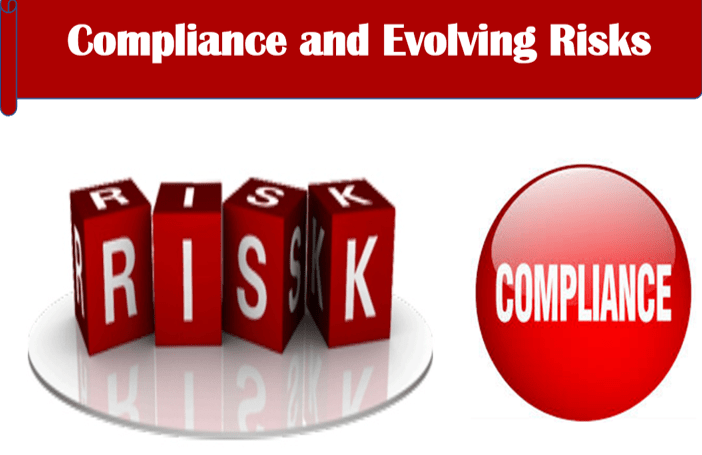Compliance and Evolving Risks
By Thomas Fox ,The Compliance Evangelist, Author
Why does compliance needs to be an integral part of your business strategy going forward?
Covid-19 has brought an uptick in numerous and different types of fraud, cyber dislocations, phishing attacks and other illegal schemes to take advantage of the government stimulus activity that that’s been underway not only in the US but other locations as well. PPP has also been a rich source of fraud, most particularly in the Supply Chain.
In the age of Covid-19 the risks and challenges of dealing with, managing and administering a compliance program when teams are working remotely are ever evolving. (Even now companies are considering how to mandate Return to Work.) Rather than having operational teams in a centralized location processing transaction monitoring alerts for AML or potential sanctions violations, for example. You now have employees required to work from home, through a VPN connection which can make overall administration more challenging.
This has enhanced the ongoing debate of compliance as a cost center to make it even more important now. This is because if compliance programs are not effective, most importantly during this year of Covid-19, enforcement actions will continue to be extremely costly. Yet it is the intangible damage which, in the long run, may be even more costly. It could lead to restrictions to certain types of clients on the risk curve who might be higher risk or located in higher jurisdictions or operating in higher risk industries. Further, there are other consequential impacts if compliance does not have a seat at the table.
If compliance has a seat at the table, there can be some leeway for compliance officers and for firms to figure out how best to roll out a compliance program that is commensurate with the organization’s risk and compliant with the regulations. If compliance is relegated to the back of the (corporate) bus there will be little chance to do so.
The bottom line is that compliance must be at the table with the business partners and be a part of the firm’s overall strategy in order to be successful. Business people should be attending compliance governance forums and they should be actively communicating both views of what’s happening in each of their respective worlds.
And likewise, compliance should be sitting at a business table understanding the direction of business strategy, understanding the clients that are being onboarded and the types of clients and relationships which the business is interested.
- Core Investigative Due Diligence - June 3, 2021
- Preparing for the Next Crisis - May 14, 2021
- Using Data in Compliance - March 29, 2021


Stay connected